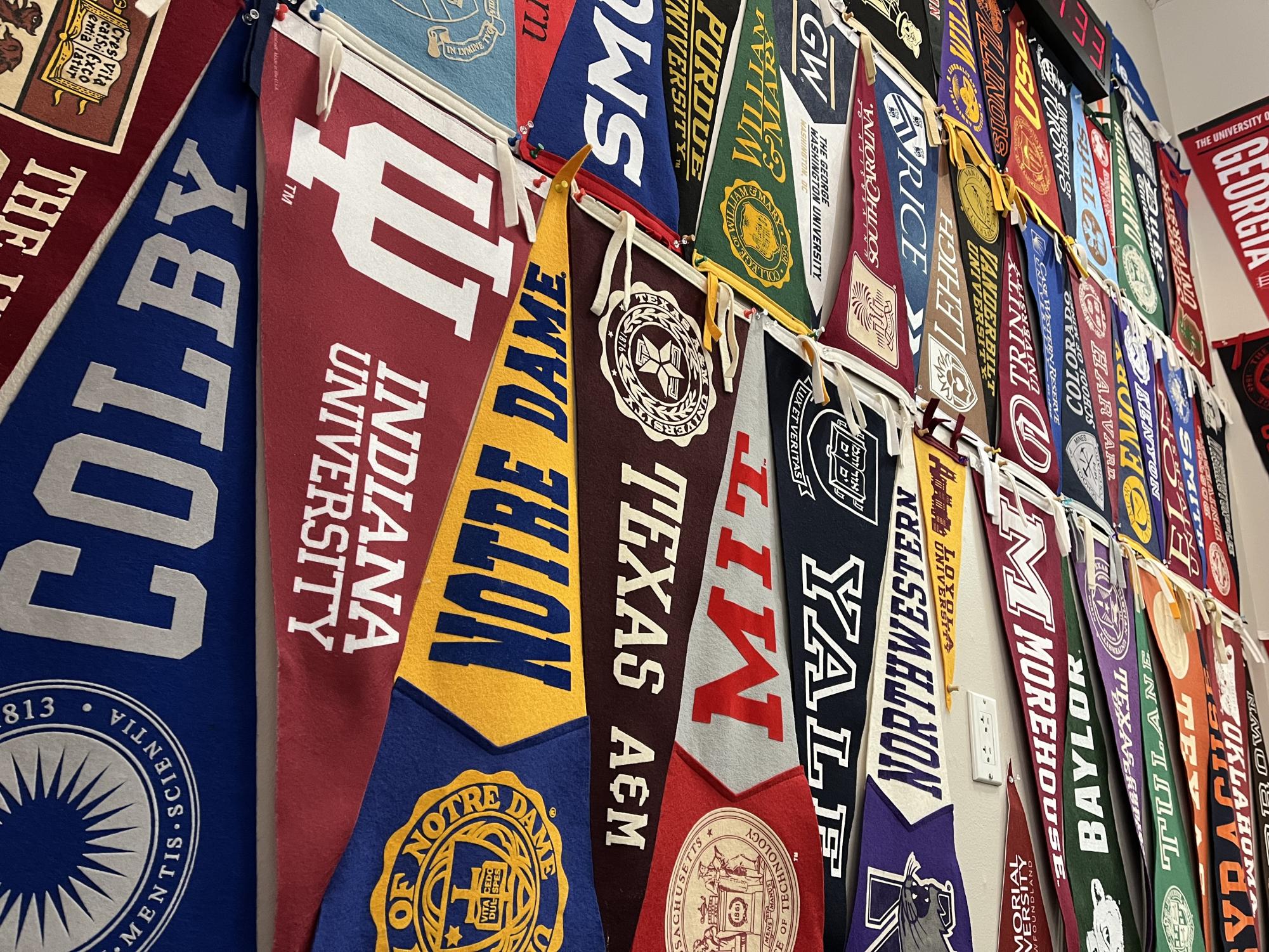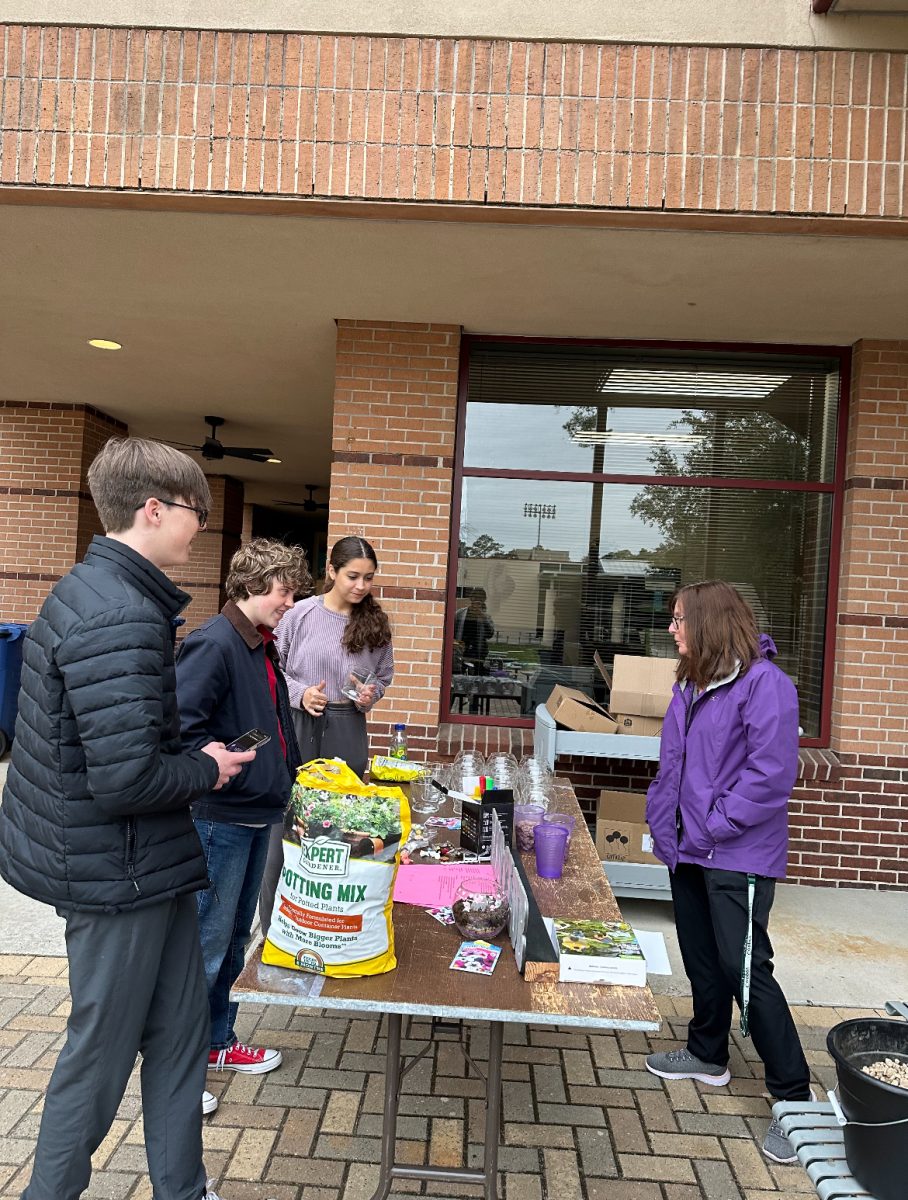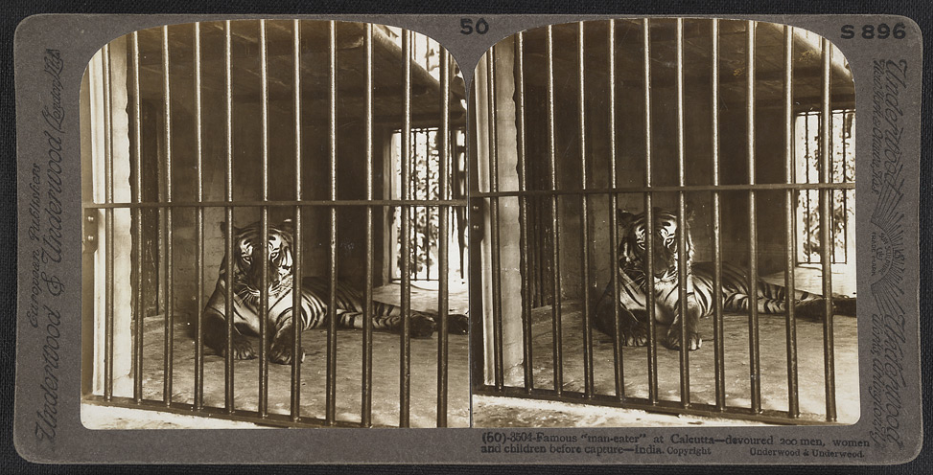“Applying to college was the highlight of my Cooper experience” is something no one has said in our school’s rich 36-year history. But it’s also imperative to recognize that it constitutes a major aspect of your senior year, and the journey remains a critical experience that could redefine your interests, goals, and self-perception.
The application process is compelling because it tailors to your individuality, with the path you take as unique as you are. However, applying to a large variety of schools in one of the most difficult years for applications has taught me some universal wisdom that I feel obligated to share before I graduate and ascend into Cooper alumni heaven. As we near the end of this school year, here are some pieces of advice that may be useful in navigating your last one at Cooper.
Have a thorough understanding of yourself.
The journey begins with you. A suitable list of universities, an illuminating essay, and a cohesive resume all stem from your understanding of who you are. Taking time to look inward is the key first step that will give you the foundation and stimulus to start your applications, which will materialize on its own once you establish enough self-insight.
Being as honest as you can be with yourself, consider the essence of your character. Reflect on what makes you the person you are: what’s important to you, what you’re good and bad at, what you aspire to do, what you love and hate, and everything in between. Not only does it help you eliminate uncertainties and misconceptions, but it also reveals common themes, motivations, and values that will form the backbone of your application (and your life in general). By connecting all the pieces of your individuality and recognizing what makes you unique, you can cross the gateway to building your profile with a sense of direction and confidence.
Since not fully comprehending yourself or upholding a skewed self-perception can be major barriers to a substantive application, it’s important to take your time while reflecting. Attaining true self-understanding demands patience, whether it comes gradually or through a sudden epiphany. It often requires obtaining external, objective opinions from those who know you well, such as teachers, classmates, coaches, and unbiased friends and family members. You’ll have to dig as deep as possible: ask yourself questions you don’t know how to answer, ruminate on how certain memories and life decisions have impacted you, and try to provide reasons for your existence in the world.
Be prepared to write more than just essays.
Writing is how you manifest thoughts and ideas. While essays are a significant portion of the application process, you may be surprised to see how critical writing is even in places and situations you haven’t thought of.
Before anything else, it’s always worth it to write about yourself. Not as part of a specific college essay, but on your own and answering general, universal questions about who you are. The step to establishing self-understanding isn’t complete until your discoveries are articulated properly, especially in your own voice. Whether it’s creating a comprehensive document about yourself or keeping notes on your big ideas, having all your thoughts in writing helps you relate different characteristics and keep track of what you know and don’t know. Above all, it provides an indispensable point of reference for essays and interviews throughout the process.
As you develop your application, your words play a crucial role everywhere. For instance, don’t slack off on your classroom self-assessments for the teachers writing your letters of recommendation: You’re the only person who can truly know yourself, so the more thorough you can be, the easier it will be for your teachers to advocate for you. (Mine were 3 and 4 pages long, and while I apologized to my teachers for the length, both of them thanked me instead.) Likewise, although resumes and the “Activities” lists on college applications seem straightforward, it’s essential to be meticulous with how you frame your pursuits, which can make all the difference no matter what the pursuit inherently is. Letters and emails to admission officers, interviewers, and university alumni should also be composed carefully and attentively, as they hint at your personality.
Be a realist, not an optimist or pessimist.
Starting the application process requires intensive self-evaluation, but that may distort your outlook along the way. An unfair or unfounded attitude about yourself can push you off-course as much as any other mistake in an application.
Many students try to humble themselves going into the process, especially under the influence of imposter syndrome, or to defend themselves from potential disappointment. Seeing how many excellent students are out there, being critical of one’s shortcomings and weaknesses, and holding impossibly high self-expectations can push people to stifle themselves, given our natural tendency to be cautious. However, underselling yourself as a candidate can be detrimental, as the only thing worse than having a small chance at a college is eliminating it completely.
On the other hand, it’s possible to become too complacent with your standing as a student. It doesn’t make your accomplishments less valid, but selective schools will rarely be satisfied with only good academics and any handful of extracurriculars. With most universities picking from vast and diverse pools of candidates, there is inevitably no such thing as complete reassurance or guaranteed outcomes, so risks must be taken wisely. Recognizing that everyone has limitations and you have your own will help you channel more effort to universities with greater potential returns.
You have to assess yourself objectively and holistically, as admission officers do, to avoid under- or over-estimating your potential. Usually, you’re the most biased person against yourself, and it’s easy to get hung up on specific characteristics rather than considering your character as a whole. For those reasons, remember to seek your college counselor’s opinion, and bear in mind that admission decisions aren’t just contingent on your capabilities, but also institutional needs and other outwardly random factors. Rather than choosing between an “optimist” or “pessimist” approach, opt to stay grounded in reality to avoid the two extremes of wasting effort and wasting potential.
Sometimes, the best progress happens on the fly.
A college application is about careful thought and organization. Yet, it would be wrong to understate the role of spontaneity even in the most essential moments, including essay writing and interviews.
While it’s helpful to plan and prepare for every aspect of the application, there’s also a limit to how much deliberate calculation can change things for the better. For example, taking your time to ponder an essay prompt and mapping out all the points you want to include would provide helpful guidance during the essay process. However, being too meticulous can become counterproductive once you’re fretting more than writing. Although it may feel like your college essay wouldn’t be perfect without thoughtfully crafting every sentence, your voice and ideas shine through the most when you liberate your words from rigid design. Good author’s craft should be a goal but not a hindrance, so don’t be afraid to write freely and authentically, allowing it to emerge on its own.
This applies to interviews as well. It’s recommended to carefully consider your answers to common questions beforehand, which would be easier if you already took the time to understand yourself. But interview preparation is about planning your overall focus and which details you’ll use, not your exact dialogue. Once you’ve established exactly what you want to highlight and how you want to present yourself, you will already have a secure foundation of talking points that can carry you through the conversation. Interviews never go precisely as planned; when you’re speaking impromptu, even the most rigorous rehearsals cannot substitute genuineness, so the discussion will flow naturally as long as you’re passionate and mean what you say.
To put it anecdotally, I started my application process by attempting to master-plan everything. My penultimate draft for my Common App essay took several days, with every word painstakingly placed and every sentence rewritten to compose the flawless model essay. In the end, I disliked it and started over completely: The next and final draft took a few uninterrupted hours of freewriting and outshone it at every angle. Similarly, I had compiled several pages worth of scripts for every interview question imaginable, spending multiple hours a day to know each answer like the back of my hand. Aside from listing my interests and extracurriculars, those scripts remained largely unused during the actual interviews.
Be wise about reusing your writing.
Essays are among the most time-consuming components of applying to college, and almost everyone eventually encounters the dilemma between putting in the effort to compose a new, unique response to their next prompt and saving time with a copy-and-paste.
Although using the same essays for every university is clearly an ineffective approach, so is trying to conceive something new each time. Using your past writing can be unavoidable and necessary when you’re providing deeper context or uncovering a new facet of your personality. You’ll often write about an important idea for one application that you can’t afford to omit in others. So, while reusing your essays might seem mainly for convenience, it also ensures consistency and completeness across all of your applications.
At the same time, there exists some nuance in how you answer the prompt for each university. Essays discussing the university and what draws you to it should always be tailored to the school, because making generic statements equates to saying nothing about them. Even when the prompt requires you to describe yourself, it can be worth focusing on a different aspect of your profile to provide more relevant context for that particular college, especially if they’re looking for specific qualities in a student. Altogether, your writing should demonstrate your best self for every application, but that also requires staying sensitive and flexible to the differences between your universities, and then adapting your essays as needed.
Your college counselor is your most valuable resource.
If there’s only one thing to take away from this article, it’s knowing who to receive help from throughout the process. College counseling at Cooper is an indispensable part of your application journey, and taking full advantage of it can completely transform how it goes.
Your counselor is your biggest expert on this ordeal, so learning to ask questions, hold productive discussions, and build plans together is crucial to your success. The insight they provide isn’t just limited to applying to college in general; they have extensive experience with Cooper and an individualized understanding of you both as a person and student. Since the school you attend plays a role in your applications, the behind-the-scenes information counselors hold is vital and worth delving into, whether it’s trends for your particular class or how past applications went. By watching over you and taking the time to know you, they can also help you discover who you are and how to make that self shine in your applications. Throughout all the hardships, from starting off to receiving results, they stand ready to pull you through and offer a shoulder to lean on, only an email or scheduled meeting away.
Conversely, knowing who not to listen to is equally influential to the process. Applying to college inevitably fosters a lot of chatter from your surroundings, since family, friends, and classmates will always have comments and suggestions for you. You may also feel external pressure indirectly by witnessing what others are doing and comparing yourself. As the driver of your own progress, you’re responsible for carefully choosing your guiding voices and filtering out the “background noise.” People around you may have good intentions (and it can be possible that they don’t, due to competition), but nobody can know you the way you know yourself, nor can others dictate what your true passions and goals are. Keep in mind that this is a pivotal moment in your own life, so you can’t afford to be swayed by every outsider, whether verbally or nonverbally.
College applications are a lot to handle, but nearly everybody undergoes this rite of passage. You’re not alone in the journey, and soon enough, you’ll find yourself where I am now, looking back at all your hard work. However, instead of focusing on getting it over with, remember that the application process also comes with invaluable self-discovery, growth, and opportunity. You deserve to make the most of it by understanding how it works and making prudent choices.
So, best of luck with your applications! Based on your diligence in reading this article, I’m sure you’ll be just fine.





